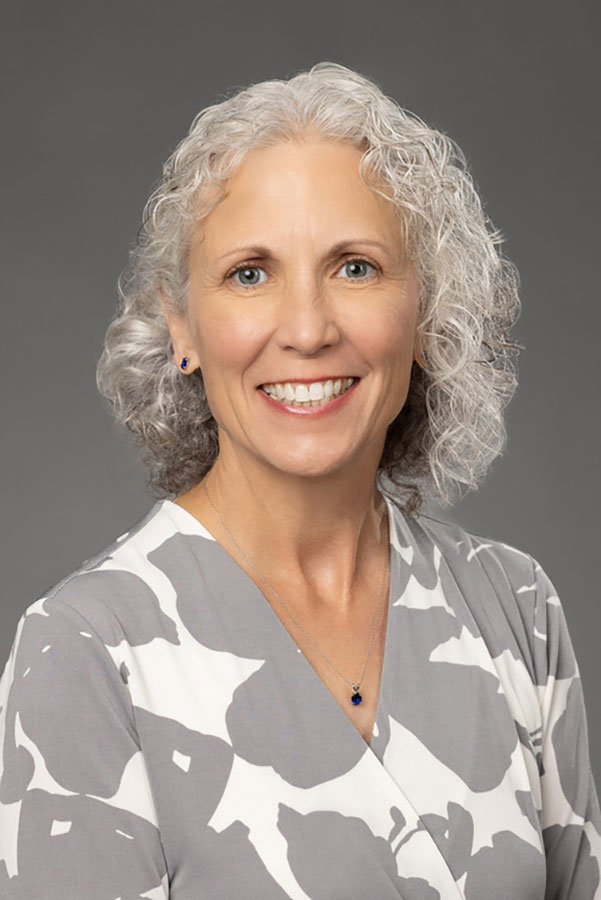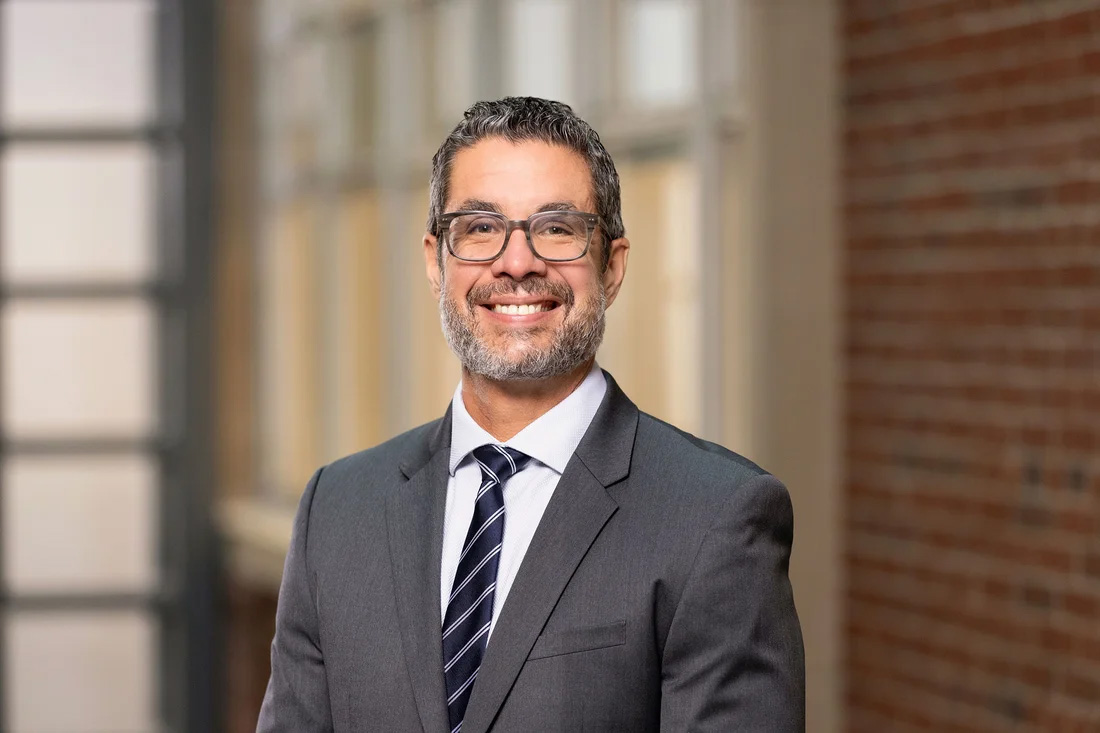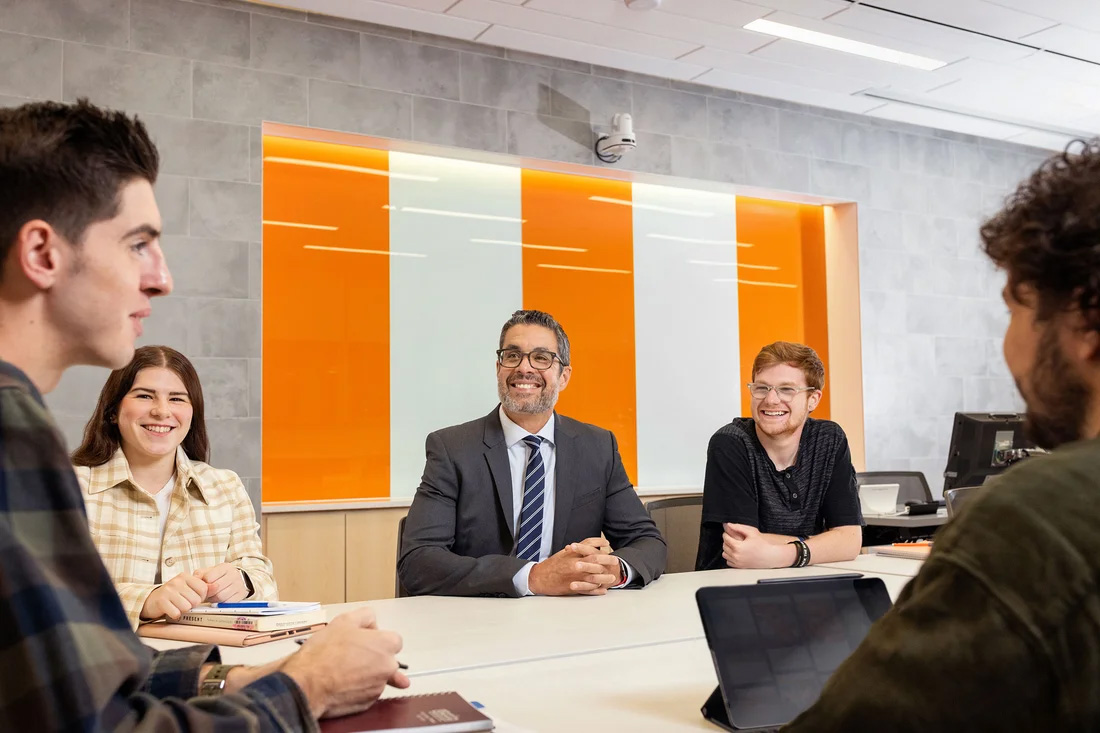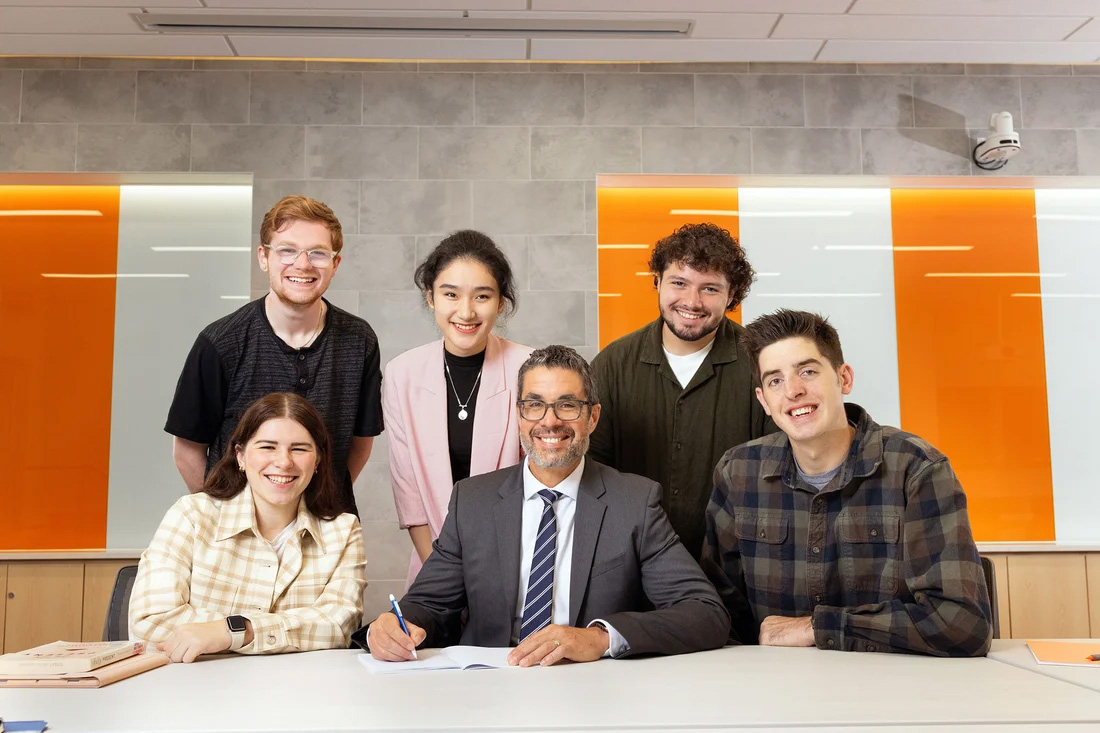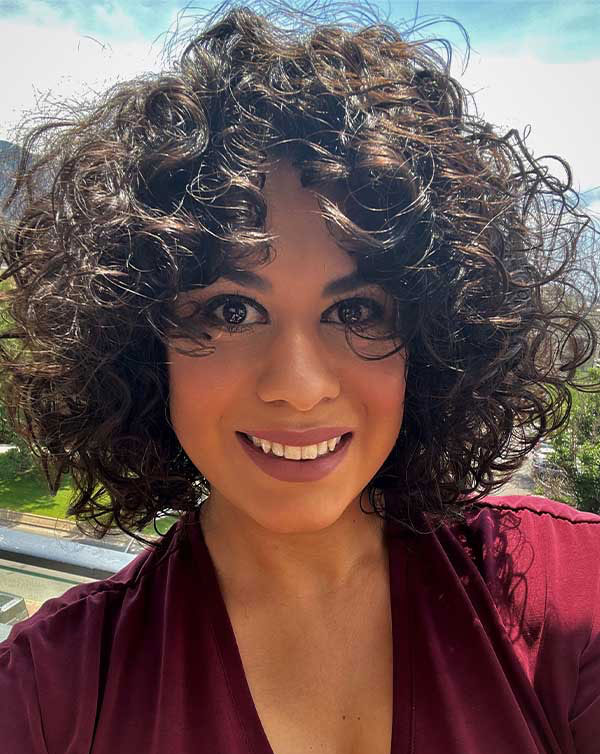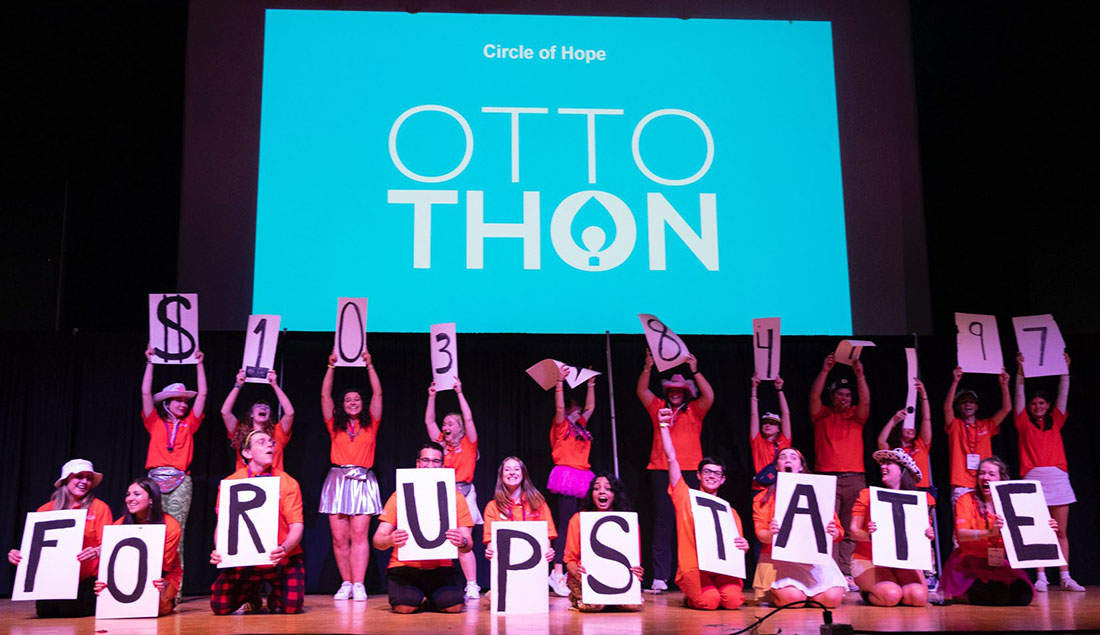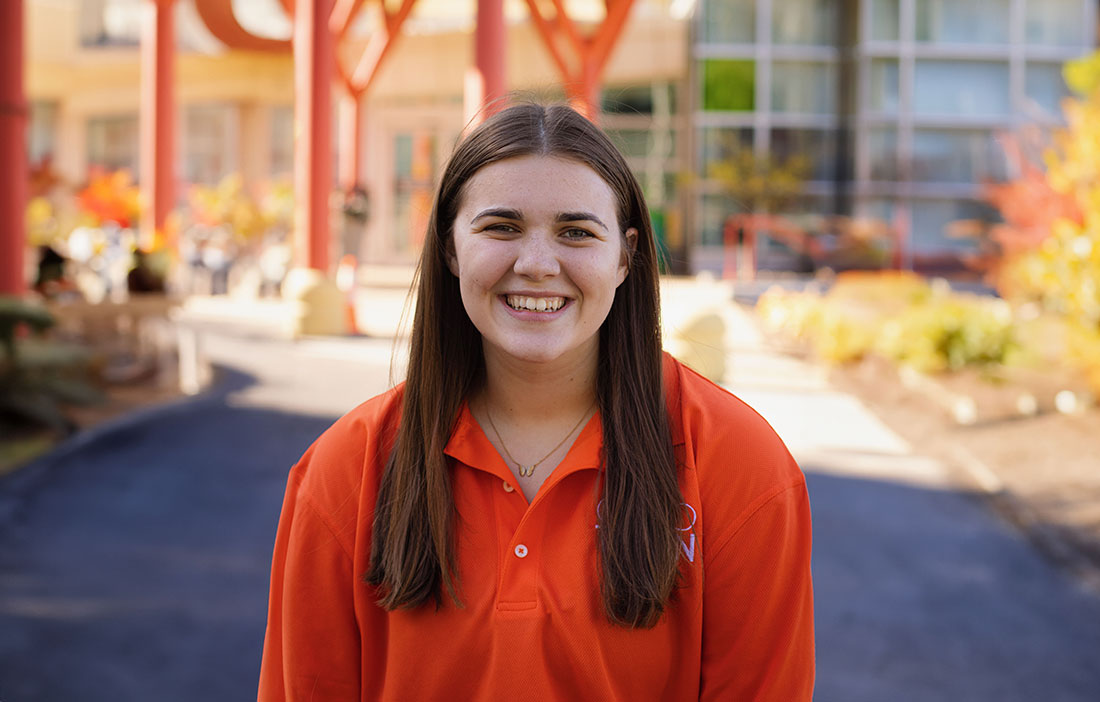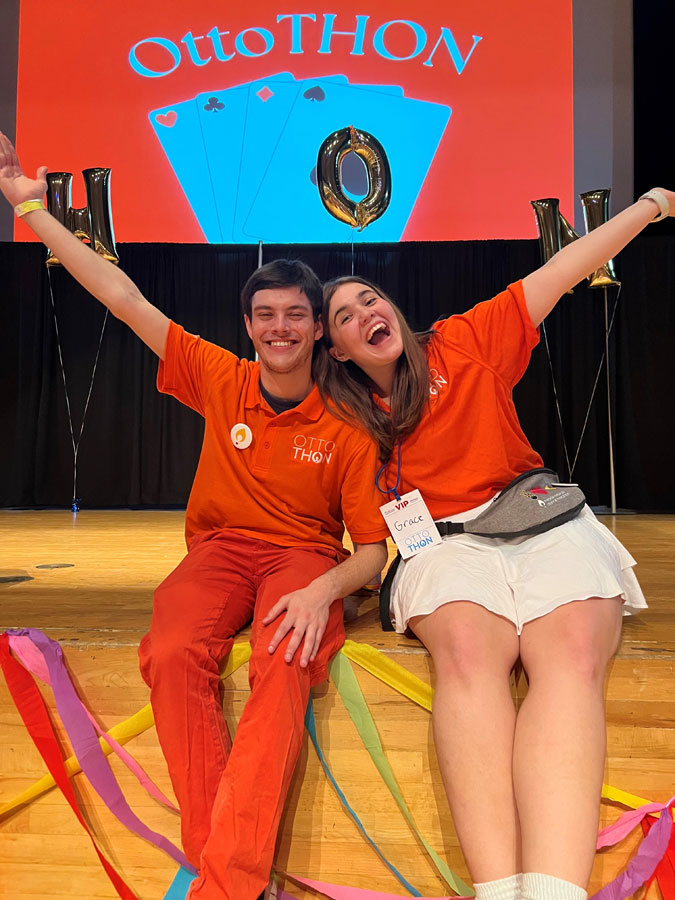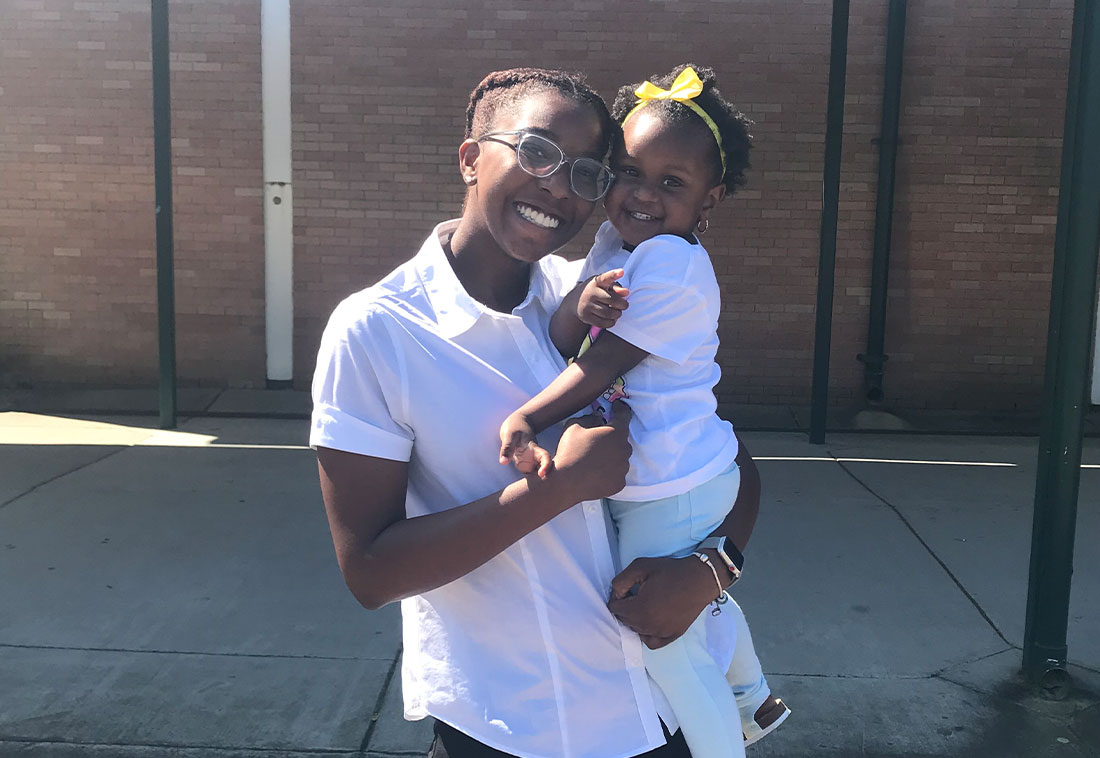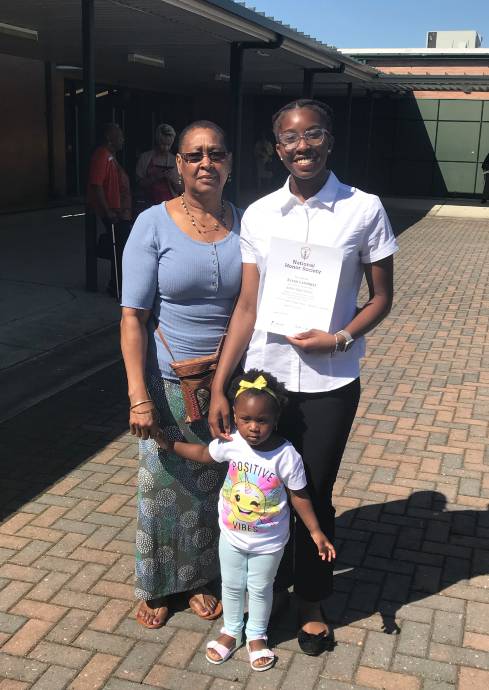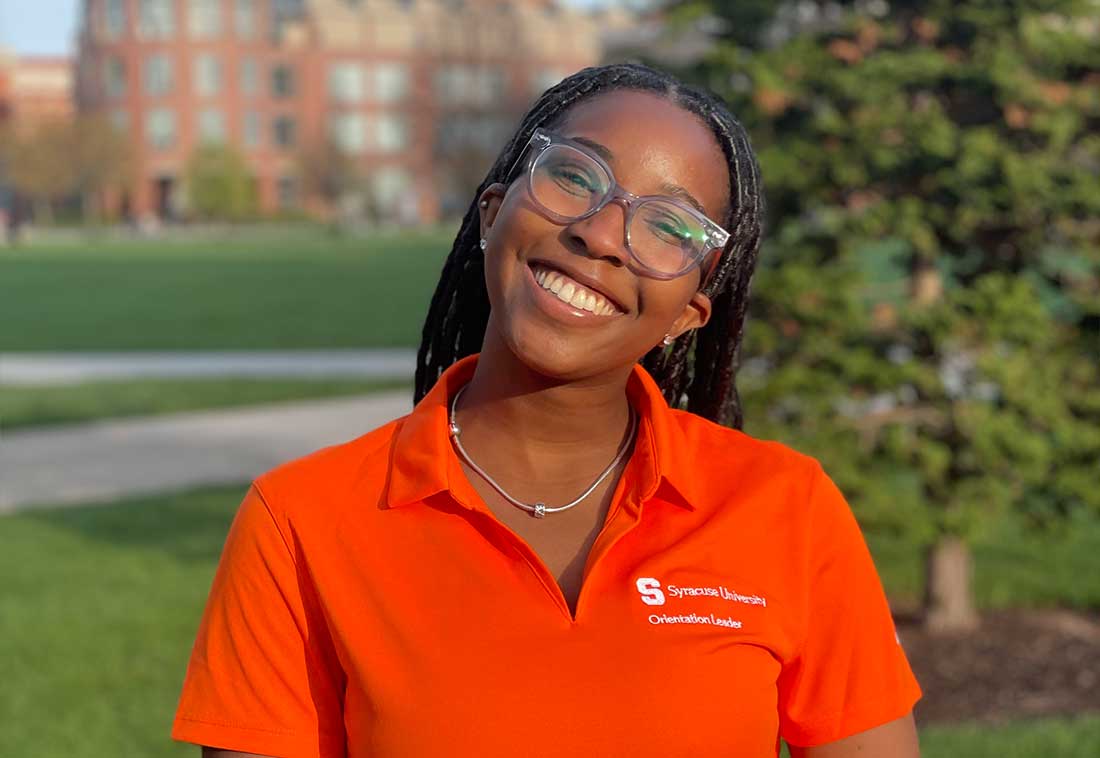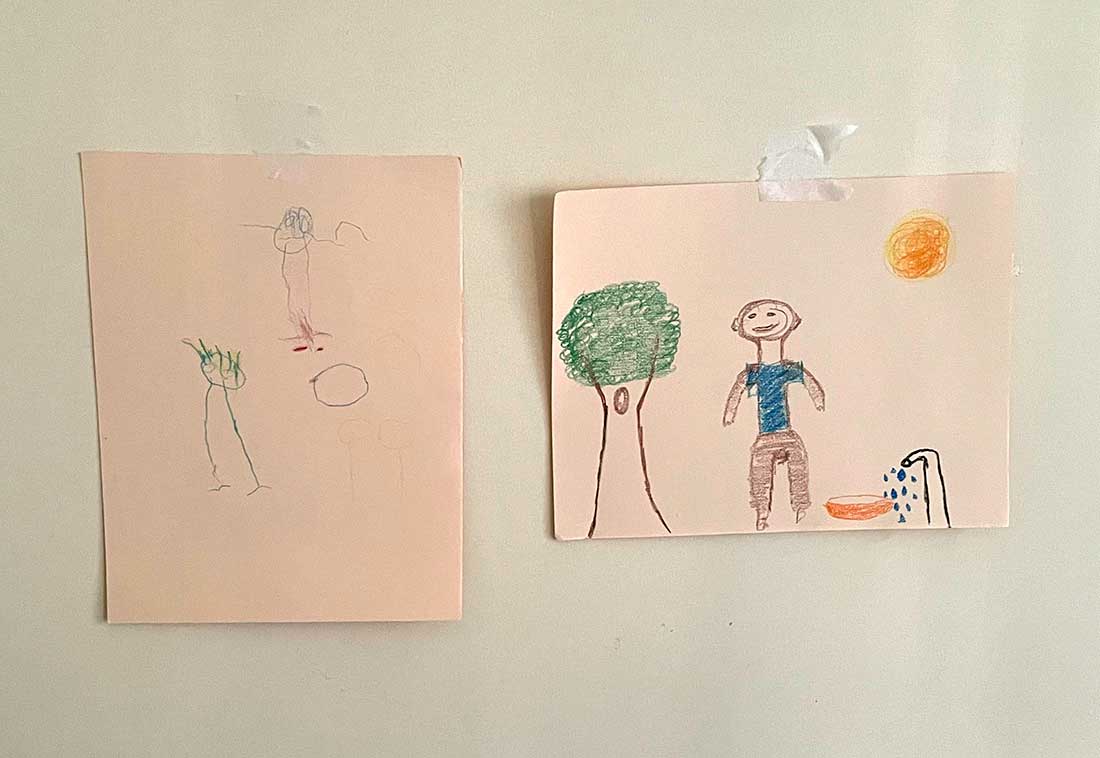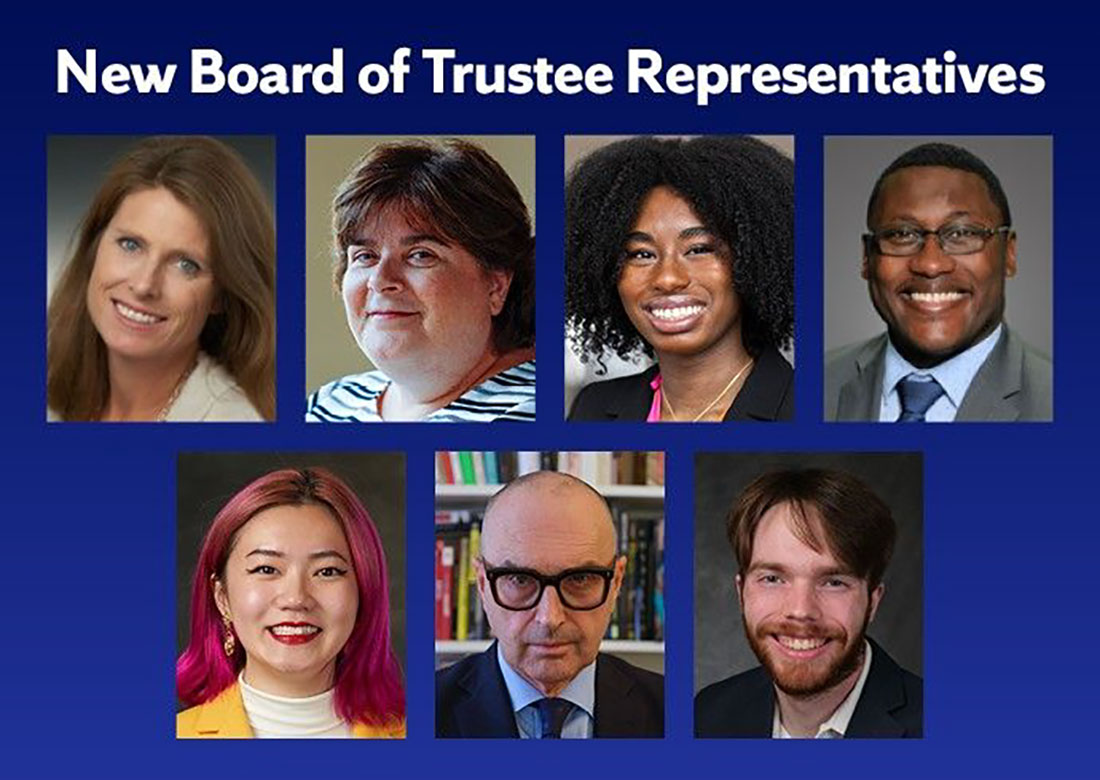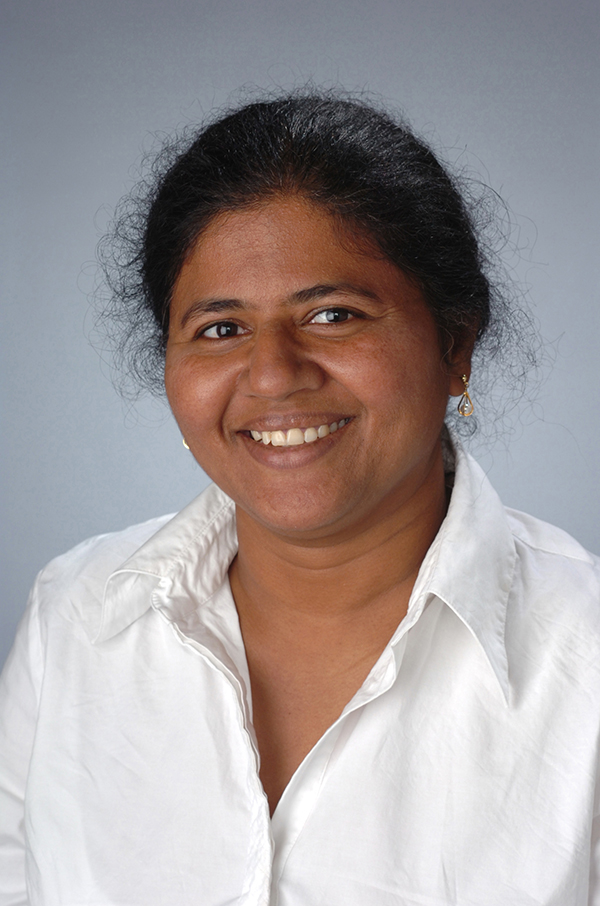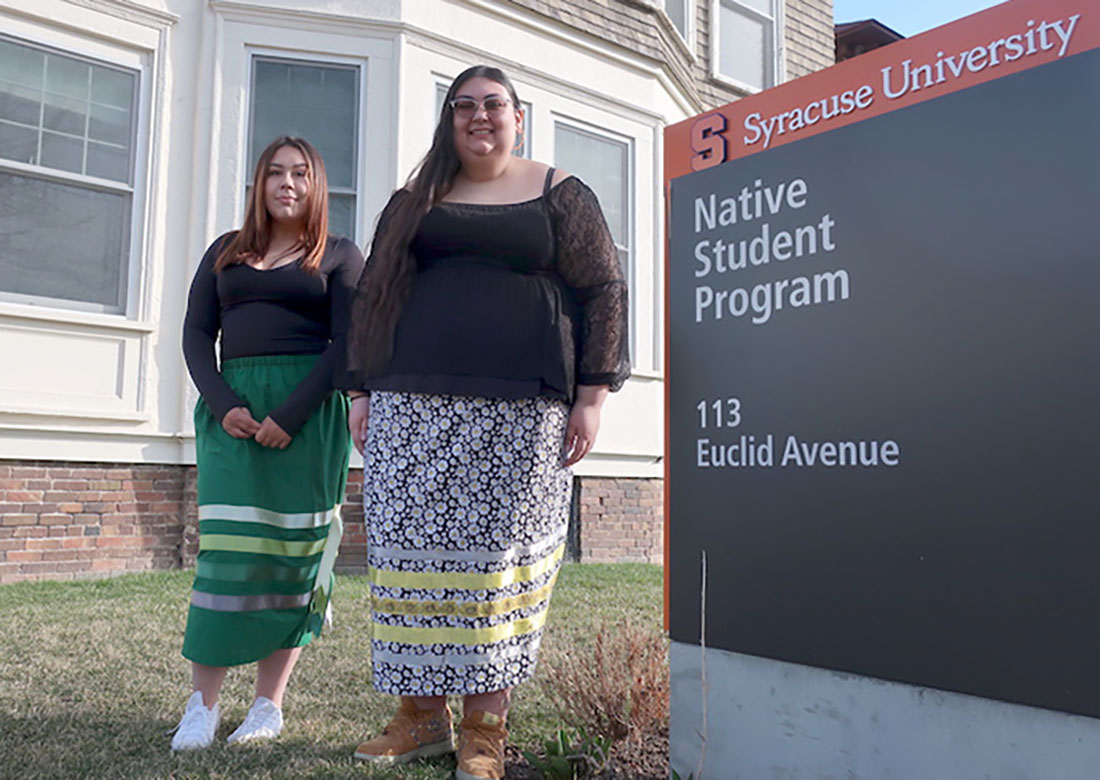As a Human Development and Family Science major, Calen Headley spent last spring as an intern at InterFaith Works of Central New York, where he worked with refugees who arrived through the federal refugee resettlement program. “Overall, you just know there’s a bigger reason to everything being done here, which is to provide help to all of the refugees in Syracuse,” says Headley, who earned his undergraduate degree in May.
While continuing his work at InterFaith Works as Health and Integration Administrative Assistant, Headley is also pursuing his master of social work (M.S.W.) degree at Falk College. He hopes to use his internship and work experience at InterFaith as a springboard to one day returning to his high school in Brooklyn, New York, to help students as a mental health counselor.

